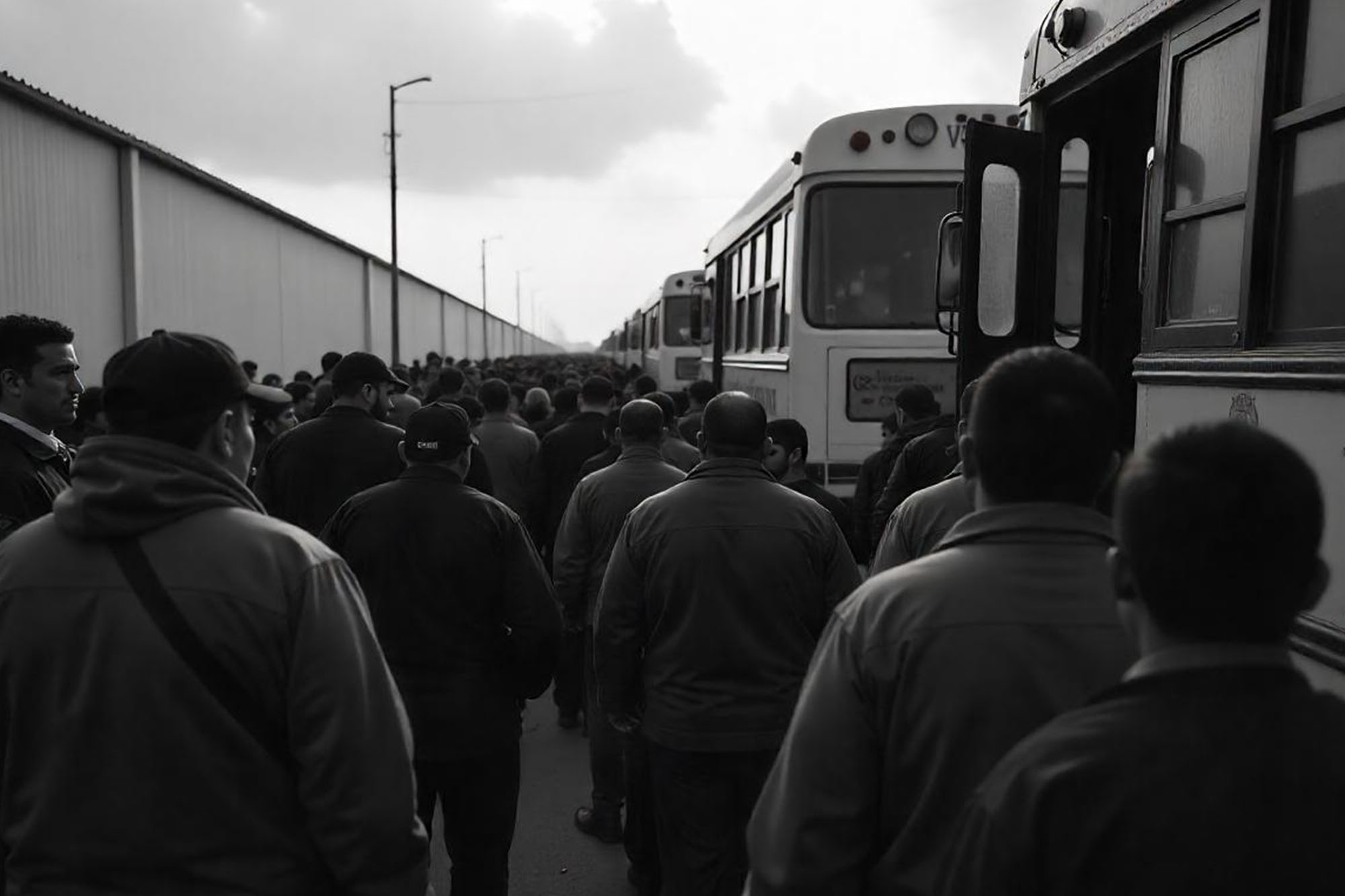Advance Parole is a travel document that allows certain non-US citizens to re-enter the United States after traveling abroad. It is crucial for those with pending adjustment of status applications and specific visa holders. However, it’s important to understand the eligibility requirements, application process, and potential risks, especially for those with prior periods of unlawful presence in the US.
What is Advance Parole in the United States?
Advance Parole is a permit issued by the United States Citizenship and Immigration Services (USCIS) that allows certain foreign nationals to leave the U.S. and return legally. It is typically granted to individuals with pending Green Card applications (adjustment of status) or specific visa categories like H, L, K-3, and K-4.
Who is Eligible for Advance Parole?
Applicants for Adjustment of Status: Individuals who have filed an application to adjust their status to that of a lawful permanent resident (Green Card holder) are eligible to apply for Advance Parole. Without this document, leaving the U.S. while the application is pending could be considered abandonment.
H and L Visa Holders and Dependents: Those with H or L visas and their dependents may be eligible for Advance Parole to travel internationally while their adjustment of status applications are pending, provided the H or L visa holder intends to return to their position with the sponsoring employer.
K-3 and K-4 Visa Holders: Family members of U.S. citizens with K-3 or K-4 visas can also apply for Advance Parole.
Permanent Residents: Permanent residents who have lost their Green Card or whose card has expired can use Advance Parole to travel while waiting for a replacement.
Applying for Advance Parole
Advance Parole applications must be filed within the United States using Form I-131, Application for Travel Document. The application must demonstrate a legitimate reason for travel, such as business or personal reasons. The USCIS will review the application and grant parole for the necessary duration of the trip, typically up to one year with multiple entries permitted.
Risks for Applicants with Prior Unlawful Presence
Individuals who have overstayed their visas or had other periods of unlawful presence in the U.S. may face complications when applying for or using Advance Parole. Leaving the country, even with Advance Parole, could trigger scrutiny upon re-entry and potentially jeopardize the pending adjustment of status application. Consulting with an immigration attorney is crucial in these situations to assess the risks and determine the best course of action.
Special Considerations for Haitians
Haitian nationals who have been in the U.S. since January 12, 2011, may be eligible for Temporary Protected Status (TPS) due to the devastating earthquakes in Haiti. TPS allows individuals to live and work in the U.S. legally for a designated period and also grants eligibility for Advance Parole in the United States.
Seeking Professional Guidance
Navigating the complexities of immigration law and Advance Parole in the United States can be challenging. If you have questions or concerns about your eligibility or the application process, it’s highly recommended to consult with an experienced immigration attorney. They can provide personalized advice based on your specific circumstances and help you make informed decisions.
If you need assistance with your immigration matter, please contact us at (212) 944-9420.





